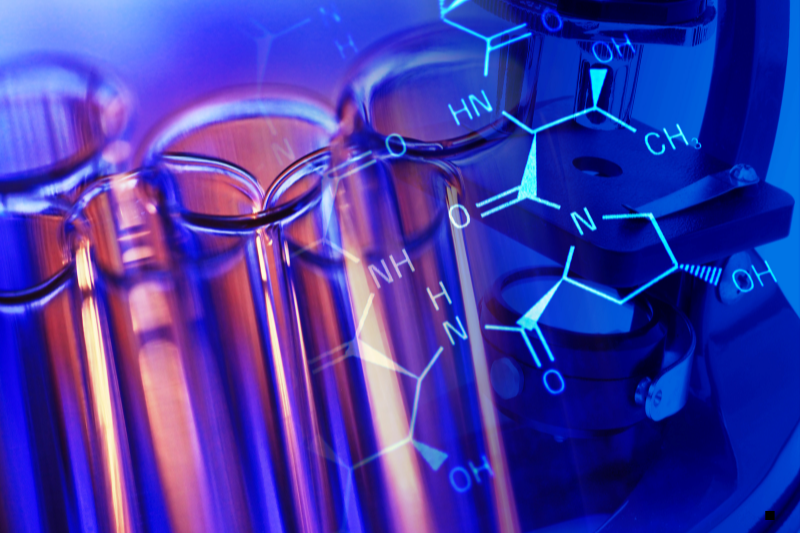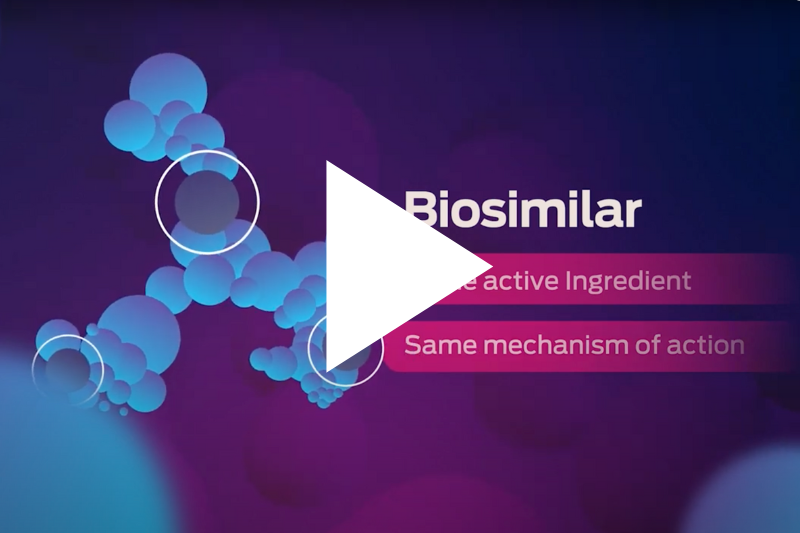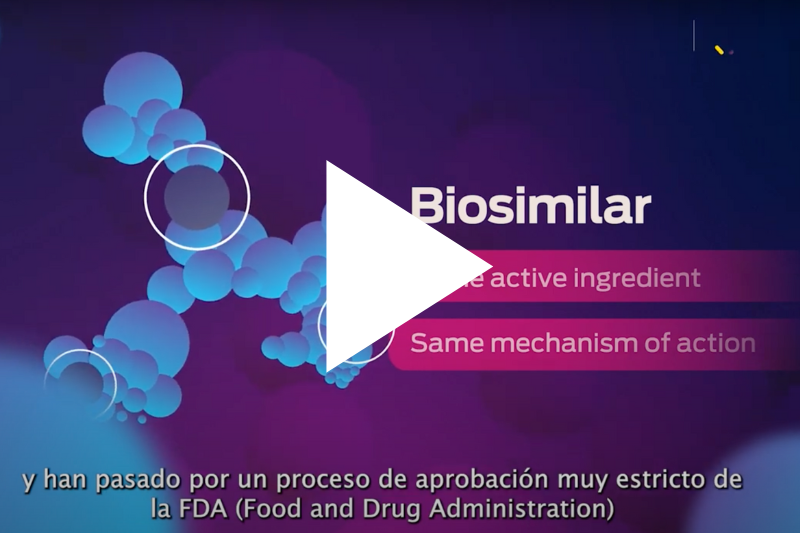Understanding Biologics and Biosimilars
Biologics are medications derived from living organisms, such as microorganisms, plant cells, or animal cells. These drugs are specifically engineered to target components of the immune system responsible for inflammation. In contrast to traditional drugs, which are chemically synthesized and often available as pills, biologics are typically delivered through injections or infusions directly under the skin or into a vein.
A biosimilar product is a biologic product that has successfully demonstrated that it is highly similar to an FDA‐approved biologic product, also known as a reference product.The first biosimilar was approved by the FDA in 2006 for the treatment of cancer. Since then, approximately 50 biosimilars have been approved by the FDA to treat various conditions. Biosimilars are a rapidly growing treatment option for many autoimmune diseases.
Biosimilars can be manufactured when the reference product’s patent expires. Both biosimilars and reference drugs are made from living organisms, but they may be made in different ways and of slightly different substances. Only minor differences in clinically inactive components are allowable in biosimilar products.
Biosimilars offer the same treatment benefits and risks, and may be available at a lower cost, than the original biologics. Biosimilars are just as safe, pure, and effective as their reference products.


